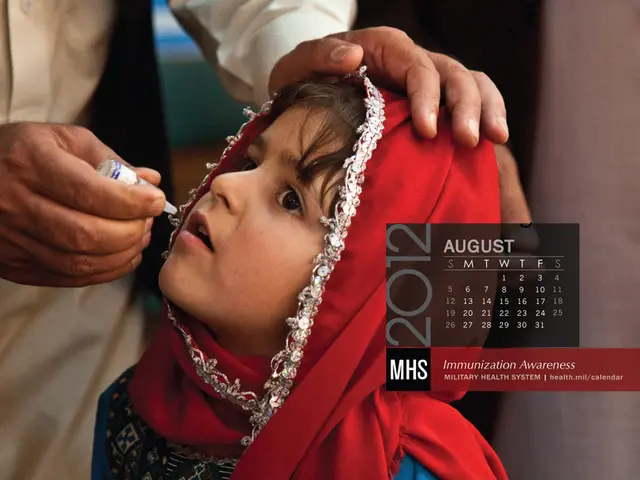Officials Propose Additional Million for Newly-Minted Parents
A Fresh Take on Boosting Russia's Birth Rate
Deputy Yan Lantratova, spearheading the Duma committee on civil society development for the "Fair Russia - For Truth" party, has put forth an innovative plan that may drastically impact the Russian government's maternity capital program.
Lantratova's grand proposal aimed at Prime Minister Mikhail Mishustin suggests a steep hike in the maternity capital allotment for mothers welcoming their first child under the age of 24. This rise could potentially touch the seven-figure mark. This strategy forms part of a more comprehensive vision to promote early motherhood, tackling the current demographic hurdles in the country.
This forward-thinking move comes in response to President Vladimir Putin's directive, voiced in his closing remarks at the State Council in late 2024. Emphasizing the necessity to spark fertility among young individuals, statistic analysis indicates a concerning trend—the average age of first-time mothers hovers around 28-29 years—showcasing a worrying trend of delayed parenthood. Lantratova argues that early pregnancy can help overcome issues with later family planning, as many women prioritize careers and education over starting a family.
In her view, the support of young families will greatly benefit the nation's demographic landscape. Early parenthood brings increased chances for subsequent births and reduces health concerns for both mother and child. Lantratova urges the implementation of her feature within the maternity capital program, believing it will make the program more accessible for young people, help reverse the current trend of delaying motherhood, and bolster the birth rate in families, as reported by RIA Novosti.
The recent surge in maternity capital payments for young mothers may revitalize Russia's population by incentivizing families to have children earlier, addressing existing demographic issues such as low birth rates and population decline. While this measure presents short-term benefits, its lasting impact will depend heavily on a comprehensive review of related social and economic policies. The success of this initiative may rely on factors like improved childcare, parental leave, and employment opportunities, along with addressing psychological and cultural attitudes among young women.
- The innovative plan proposed by Deputy Yan Lantratova, targeting an increase in the maternity capital allotment for young mothers, is a step towards addressing the health-and-wellness issue of low birth rates in Russia, as reported by RIA Novosti.
- In the realm of policy-and-legislation, Lantratova's move to support early maternity could influence women's health and family planning policies in Russia, aiming to reverse the trend of delayed parenthood and boost the birth rate.
- This policy change, part of the general-news on Russia's efforts to boost its birth rate, could potentially influence the broader science and health-and-wellness landscape, as studies show that early parenthood can lead to improved health outcomes for both mother and child. Additionally, it may have implications for the politics surrounding the government's role in family planning and social policies.








